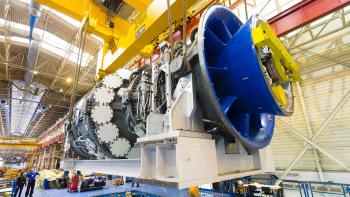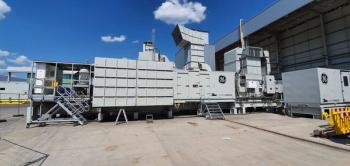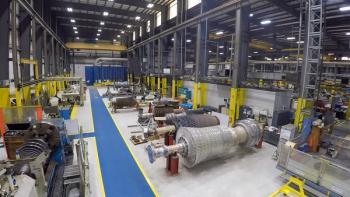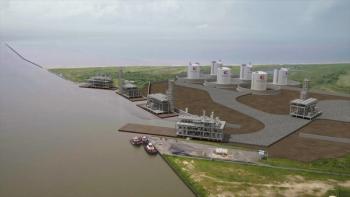
bp Ships First LNG Cargo from Indonesia’s Tangguh LNG Plant
The Tangguh LNG production facility is now operational, as bp delivers gas processed through the plant’s third liquefaction train.
bp has announced that its first LNG cargo has been loaded and shipped from the Tangguh production facility in Papua Barat, Indonesia to Indonesia-owned power generator PT PLN (Persero). The LNG was processed through the third and most recent liquefaction train. The shipment signals the beginning of commercial operation for the Tangguh LNG facility.
The operation of Tangguh’s third liquefaction train will contribute 3.8 million tons per annum (MTPA) of LNG capacity to the current facility, elevating the total production capacity to 11.4 MTPA. Tangguh’s initial LNG shipment departed the plant on Oct. 18 and will head to PLN’s regasification facility in Arun, Nanggroe Aceh Darussalam province, Indonesia.
“With its expanded production capacity, the Tangguh facility will play a role in helping to meet Indonesia’s growing energy demand—total gas production at Tangguh is expected to account for over a third of national gas production,” said Dwi Soetjipto, Chairman of SKK Migas, Indonesia’s oil and gas regulatory agency. “Production from Tangguh's three-train operation will significantly contribute to the national gas production target of 12 bscf/d by 2030.”
The Tangguh expansion project, in addition to the third train installation, includes the development of two offshore platforms, 13 new production wells, an LNG loading facility, and related infrastructure. Tangguh’s site completion relied on more than 13,500 workers and 155 million workhours.
A portion of the gas processed in Tangguh’s liquefaction trains will be committed for electrification purposes in Papua Barat. The project also aims to expand the number of Papuans employed in the Tangguh workforce, from 73% to 85% by 2029.
“The start-up of train 3 marks a new phase for Tangguh and is a proud day for bp and our Tangguh partners. Tangguh is important both to bp and to Indonesia,” said Anja-Isabel Dotzenrath, bp’s EVP, gas and low carbon energy.
Newsletter
Power your knowledge with the latest in turbine technology, engineering advances, and energy solutions—subscribe to Turbomachinery International today.




